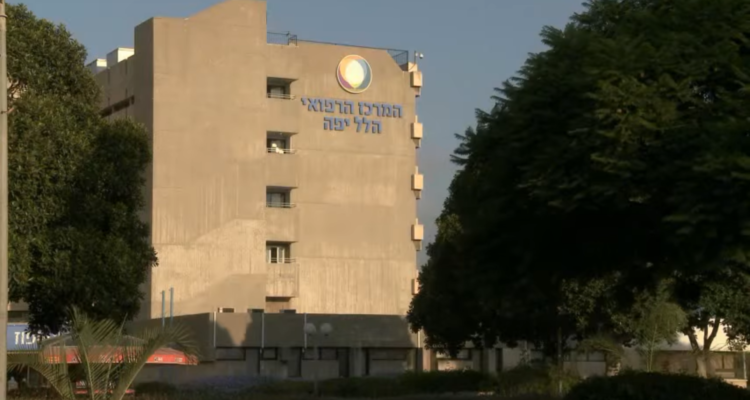Patients’ lives were never endangered by the cyber attack, said the director of the Hillel Yaffe Medical Center in Hadera.
By Lauren Marcus, World Israel News
Visitors to Hillel Yaffe Medical Center in Hadera on Wednesday likely felt that they’d entered a time warp, as everything from visitor logs to medication amounts to patient records were being recorded in an old school manner – with pen and paper.
But the switch to analog wasn’t triggered by nostalgia. A massive cyber attack against the hospital launched on Wednesday rendered all its systems unusable, and as of Thursday afternoon, the incident is still ongoing.
The hospital’s director, Dr. Miki Dodkevitz, told Radio 103FM that cyber experts from the Israeli government were working around the clock to restore the hospital’s systems.
“It is difficult to assess when we will return to normal activity. I hope it will be as soon as possible,” said Dodkevitz, who added that the hospital was operating as best it could with manual records and some alternate computer systems.
Devices like MRIs and CAT scans had not been affected by the hack, Dodkevitz noted, adding that patients’ lives were never endangered by the cyber attack.
“In the spirit of caution, we said that we would reduce the elective, non-urgent activity that can be postponed for a day or two. We did not transfer patients from our hospital to other hospitals.”
Although they asked patients to avoid the hospital for non-urgent treatment, he said that the hospital is still seeing new patients and providing medical services.
Although some speculated that the incident was an act of sabotage perpetrated by an enemy state, such as Iran, hospital officials and Israeli security sources said they believe it is a ransomware attack.
“[The hackers] left an email address with which you can communicate with them. I do not know if they presented a demand for money at this stage, but it will probably come,” Dr. Harel Manshari, a cyber security professor at the Holon Institute of Technology, told Maariv.
Whoever is behind the attack will likely demand an exorbitant sum of money in exchange for a return to normalcy.
Manshari said that state sources like electricity grids, water systems, and transportation infrastructure are better protected than those of Israeli hospitals.
“Hospitals are judged by different regulations – there are standards for government hospitals, for health funds, and for private medical clinics…each of them is subject to different regulations…”
“It’s not like an Iron Dome for missiles, where the Air Force provides all the protection. In the cyber world, we have to invest…our own resources to protect ourselves, not everyone has the means.”
On Wednesday evening, Ministry of Health Director-General Professor Nachman Ash sent a letter to the heads of all Israeli hospitals to take the incident as a wake up call.
“For fear of attacks on other medical organizations, I request your maximum vigilance, providing appropriate guidance to employees while refreshing risk-reducing behavior,” Ash wrote.
“Please ensure that there is backup information that can be used for the continuity of medical care, should such an event occur in your organization, with an emphasis on a backup that is disconnected from the hospital network, including printing the critical medical material, if necessary.”
“I would ask you to continue to be updated on the guidelines provided to you by the professional bodies and to update us on any exceptional event.”




